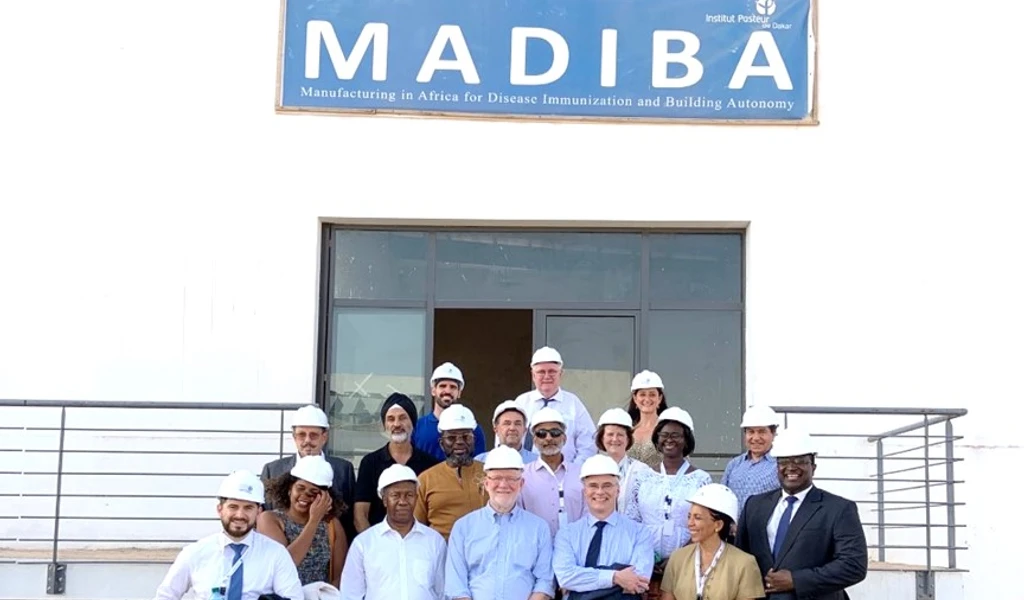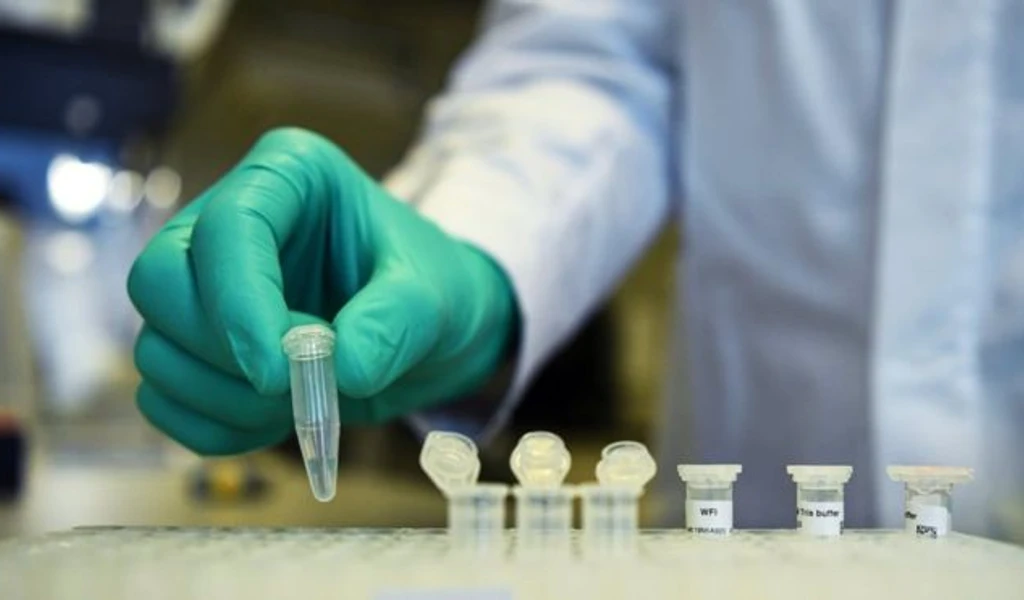CEPI partners with Imperial College to develop transformative rapid-response technology to create vaccines against emerging infectious diseases

Oslo, Norway, Dec 10, 2018 — The Coalition for Epidemic Preparedness Innovations (CEPI) and Imperial College London have announced a partnering agreement, worth up to USD8·4 million, to develop a self-amplifying RNA (saRNA) vaccine platform that enables tailored—just-in-time—vaccine production against multiple viral pathogens.
The idea behind this saRNA approach is to harness the body's own cell machinery to make an antigen (ie, a foreign substance that induces an immune response) rather than injecting the antigen directly.
Currently, vaccines can take 10 years or more to develop. They must go through many phases of development—including research, discovery, pre-clinical testing, clinical testing, and regulatory approval. However, epidemics, by their nature, are sporadic, unpredictable and fast-moving. Through this partnership, CEPI aims to develop vaccines against new and unknown pathogens (also referred to as Disease X) within 16 weeks from identification of antigen to product release for clinical trials.
Under the terms of the agreement, Imperial will lead a consortium to develop "RapidVac": a broadly applicable, synthetic, self-amplifying RNA (saRNA) vaccine platform. Imperial will use their RapidVac platform to produce vaccines against influenza (H1N1), Rabies virus, and Marburg virus, and look to move these products forward to phase 1 clinical testing in humans.
If successful, this platform could transform regional and global preparedness against outbreaks of Disease X, enabling rapid production of large volumes of effective "single-shot" vaccines (ie, providing protection against infection with only one injection) or "cocktail" vaccines (effective against different pathogens) in a matter of weeks.
In September, 2017, CEPI requested proposals for so-called vaccine platform technologies that enable rapid vaccine development, elicit rapid onset of immunity, and whose production can be scaled-up quickly to respond to outbreaks of Disease X. This partnership represents CEPI's first investment in such platform technologies.
Dr Richard Hatchett, CEO of CEPI, said:
100 years ago, the worst pandemic in recorded history, the ‘Spanish flu', killed an estimated 50m people. Of course, our understanding of microbial threats has advanced immeasurably since then, but in many ways we are as vulnerable as ever to sudden attack by unknown pathogens. We've now put a name to such threats: Disease X, listed by WHO as a priority infectious disease threat
Our partnership with Imperial represents a vital part of our plan to create vaccine platforms that can significantly reduce vaccine development times–from a matter of years to weeks.
We cannot predict where or when Disease X will strike, but by developing these kinds of innovative vaccine technologies we can be ready for it
Prof Robin Shattock, Chair in Mucosal Infection and Immunity at Imperial College and Prinicipal Investigator, said:
Next to access to clean water, vaccines have provided the greatest public health impact in human history. Today they are needed more than ever–essential to outbreak response, biosecurity, and the ever-present threat of a Disease X scenario
We believe that synthetic self-amplifying RNA based vaccines offer the best opportunity for a ‘just in time' response to infectious outbreaks, providing the needed technological shift to aggressively redefine the timelines for vaccine production. We are delighted to partner with CEPI in realising the promise of this new platform
About vaccine platform technology
The term "vaccine platform technology" broadly refers to a system that uses the same basic components as a backbone, but can be adapted for use against different pathogens by inserting new sequences.
About saRNA vaccines
The central dogma of molecular biology states that DNA codes for RNA, which codes for proteins. These proteins make up the various structures of the body.
The general idea with RNA vaccines is that they use the body's own machinery to make antigenic protein itself rather than injecting the antigen directly into the body (an antigen is foreign substance that induces an immune response).
In the case of self-amplifying RNA (saRNA) vaccines, the RNA from a particular group of viruses is adapted in a way that allows only the genetic sequence for a specific antigen to be expressed, while keeping the part of the RNA that allows it to produce multiple copies of itself—the amplification machinery. The benefit of this approach is that you can reduce the dose of RNA while increasing the effectiveness of the vaccine.
About CEPI
CEPI is an innovative partnership between public, private, philanthropic, and civil organisations founded in Davos in 2017 to develop vaccines to stop future epidemics. CEPI has received multi-year funding from Norway, Germany, Japan, Canada, the Bill & Melinda Gates Foundation, and Wellcome. CEPI has also received single-year investments from the European Commission and the governments of Australia and Belgium. It has reached over $740 million of its $1 billion funding target. Since its launch in January 2017, CEPI has announced two calls for proposals. The first call was for candidate vaccines against CEPI's priority pathogens—to date, CEPI has invested over $260 million to develop five vaccine candidates against Lassa virus, four against MERS-CoV, and two against Nipah virus. The second call was for the development of platforms that can be used for rapid vaccine development against unknown pathogens. Learn more at CEPI.net. Follow us at @CEPIvaccines.
About Imperial College London
Imperial College London is one of the world's leading universities. The College's 17,000 students and 8,000 staff are expanding the frontiers of knowledge in science, medicine, engineering and business, and translating their discoveries into benefits for our society.
Imperial is the UK's most international university, according to Times Higher Education, with academic ties to more than 150 countries. Reuters named the College as the UK's most innovative university because of its exceptional entrepreneurial culture and ties to industry. http://www.imperial.ac.uk/
Media Contacts
Rachel Grant, Director of Communications and Advocacy, CEPI
+44(0)7891249190 | [email protected]
Mario Christodoulou, Communications and Advocacy Manager, CEPI
+44(0)7979300222 | [email protected]
Ryan O'Hare, Research Media Officer (Medicine)
+44 (0)20 7594 2410 | [email protected]
Kate Wighton, Research Media Officer (Medicine)
+44 (0)20 7594 2409 | [email protected]


